Did you know that many peacekeeping missions are judged by one simple test: do civilians stay alive and rebuild during the year after conflict? That blunt measure explains why international relations isn't just theory—it's about life and death on the ground.
If you care about international relations, that test cuts through jargon. It shows what matters: protection, local politics, and practical aid. Policy debates often get stuck on grand ideas, but real progress comes from clear actions on the ground.
Peacekeepers do three core jobs: protect civilians, support political talks, and help rebuild services like schools and clinics. Protection can mean patrols, checkpoints, or monitoring human rights abuses. Political support includes backing fair elections, training local police, and helping rival groups talk, not fight.
Think of international relations as the rules, power moves, and relationships between countries and organizations. Peacekeeping sits where diplomacy, military tools, and humanitarian aid meet. It forces diplomats to face messy local problems: land disputes, militia loyalty, and fragile courts. When missions succeed, they reduce violence and create space for politics and rebuilding.
You often hear that UN missions have limits. True. Mandates can be vague, troop capabilities vary, and politics at the UN can slow action. But ignoring these missions is worse. Good planning, strong local partnerships, and clear exit goals make a big difference.
Examples matter. Rwanda's failures in the 1990s taught the world harsh lessons; reforms after that reshaped mandates and training. In contrast, missions in Sierra Leone and Liberia show that focused protection plus political backing can help end cycles of violence.
If you work in policy or follow global news, ask concrete questions: What is the mission's protection plan? Who are the local partners? How will aid rebuild schools and courts? What is the exit strategy? Those questions push talk into results.
Want a quick takeaway? International relations without clear, local-focused peacekeeping plans stays academic. Pair strong diplomacy with practical on-the-ground steps and you get a real shot at lasting peace.
If you're curious, check mission reports and independent evaluations. They show what worked, what failed, and why. Reading a few recent case studies gives more insight than broad theory.
Questions? Want links to reports or a short reading list? I can point you to UN summaries, NGO reviews, and academic pieces that actually explain how peacekeeping changes local life.
Quick practical tips: focus on training local police on human rights and crowd control; support mobile clinics tied to peace patrols; fund community dialogue programs that include women and youth; demand public timelines for disarmament. Those small moves add up and make diplomacy stick.
Peacekeeping in international relations feels technical, but it's about people rebuilding normal life. If politicians, militaries, and aid groups align on clear goals, recovery speeds up. If they don't, fragile gains vanish.
Want a short reading list? Start with UN mission summaries, Human Rights Watch country reports, and a recent academic review on post-conflict reconstruction. Tell me your interest and I’ll send tailored links. Thanks — ask away.
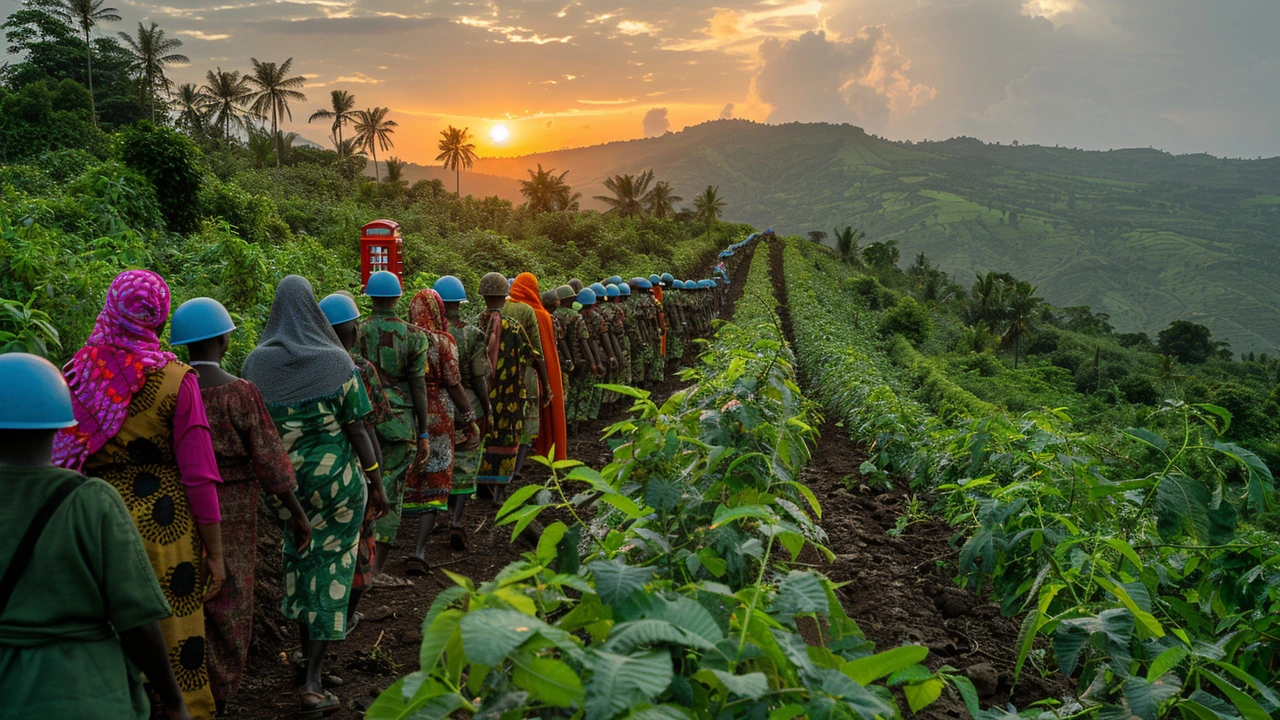
This long-read article delves deep into the essence of peacekeeping forces, shedding light on their strategies, challenges, and impactful contributions towards global peace. It explores the multifaceted roles of these forces in conflict zones, their adaptability in the face of adversity, and the enduring strength they derive from the principles of diplomacy and cooperation. Through various insights and factual information, the article aims to provide a comprehensive understanding of peacekeeping efforts and their significance in today's world.
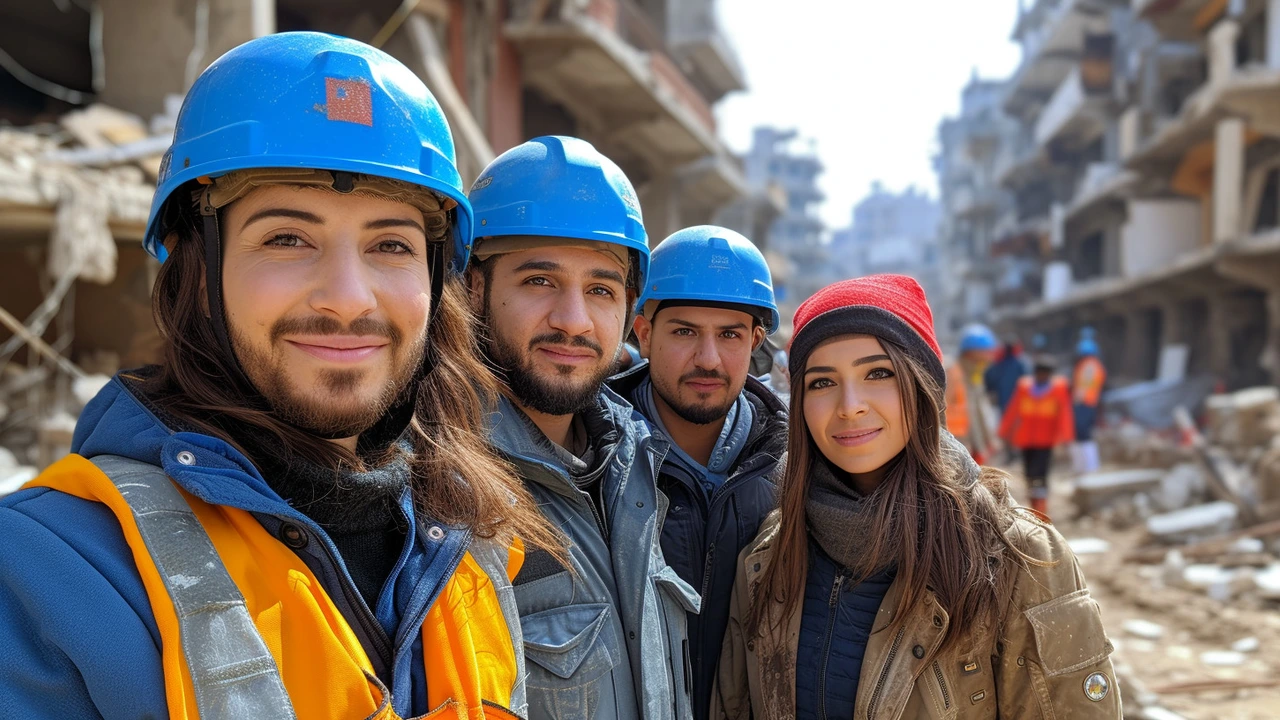
In the intricate web of international relations, peacekeeping stands out as a beacon of hope amid turmoil. This article delves deep into the untold stories of peacekeepers around the globe, shedding light on their unwavering commitment to restoring peace and order in conflict-ridden areas. Explore the challenging environments these heroes navigate, the strategies employed to foster peace, and the profound impact of their work on local communities. Join us on a journey through the heart of peacekeeping missions, where every effort is a step towards a more harmonious world.
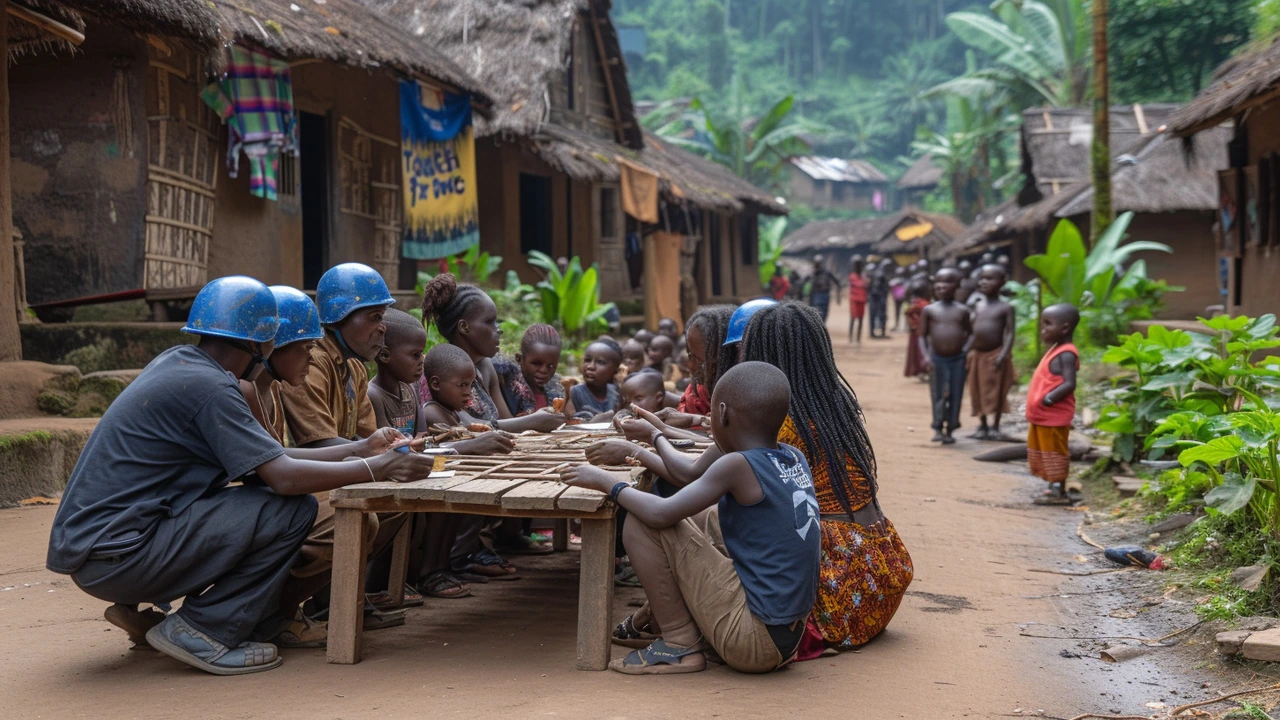
In this post, we delve into the intricate relationship between peacekeeping and peacebuilding. As a keen observer of international relations, I'll share my insights into how these two processes, although separate, inevitably intertwine in pursuit of long-lasting peace. We'll explore how peacekeeping, with its emphatic emphasis on immediate conflict resolution, lays the groundwork for peacebuilding, which concerns itself with eliminating the root causes of discord. Join in, as we unravel the complexities behind maintaining global harmony in this ever so often turbulent world!
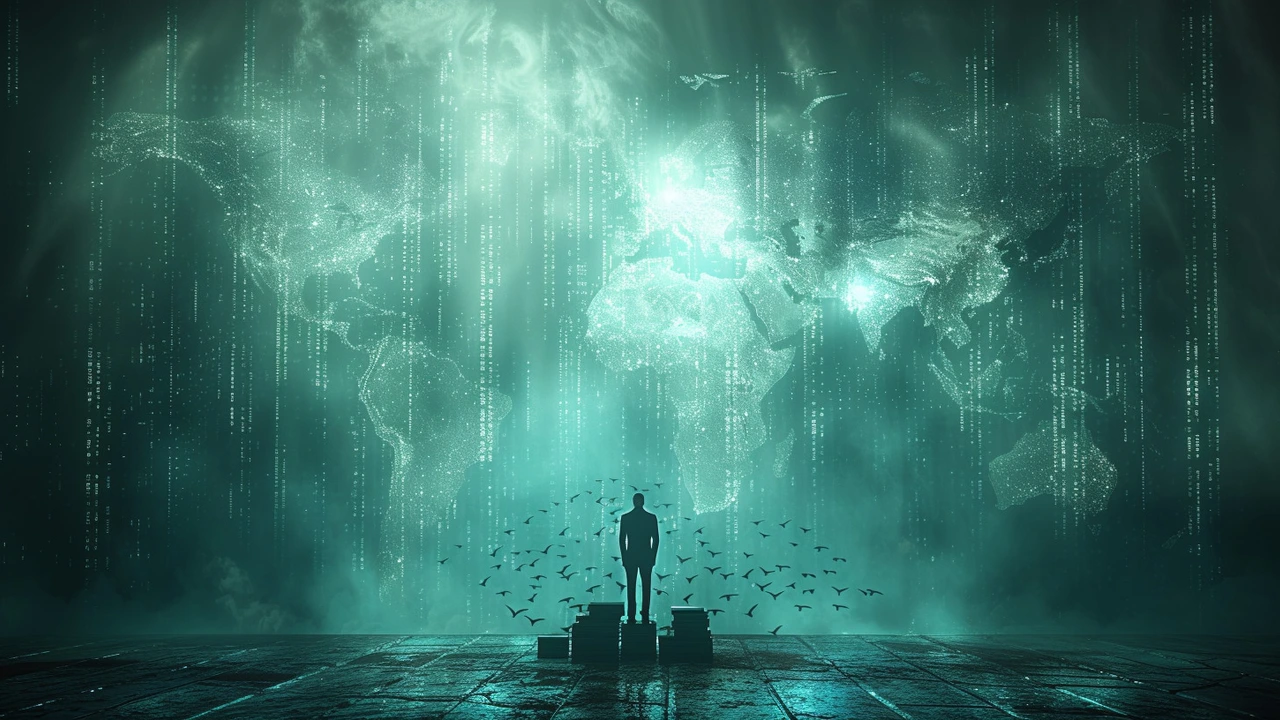
Welcome to my latest blog post, all about the vital role peacekeeping plays in maintaining global peace. Delve into how this practice shapes international relations and aids in managing conflicts across nations. As a man passionate about world peace, I'll be examining the structures, mechanisms, and strategies that make peacekeeping the backbone of our world's tranquillity. So, bring your fervor for harmony and join us as we explore this intriguing subject.
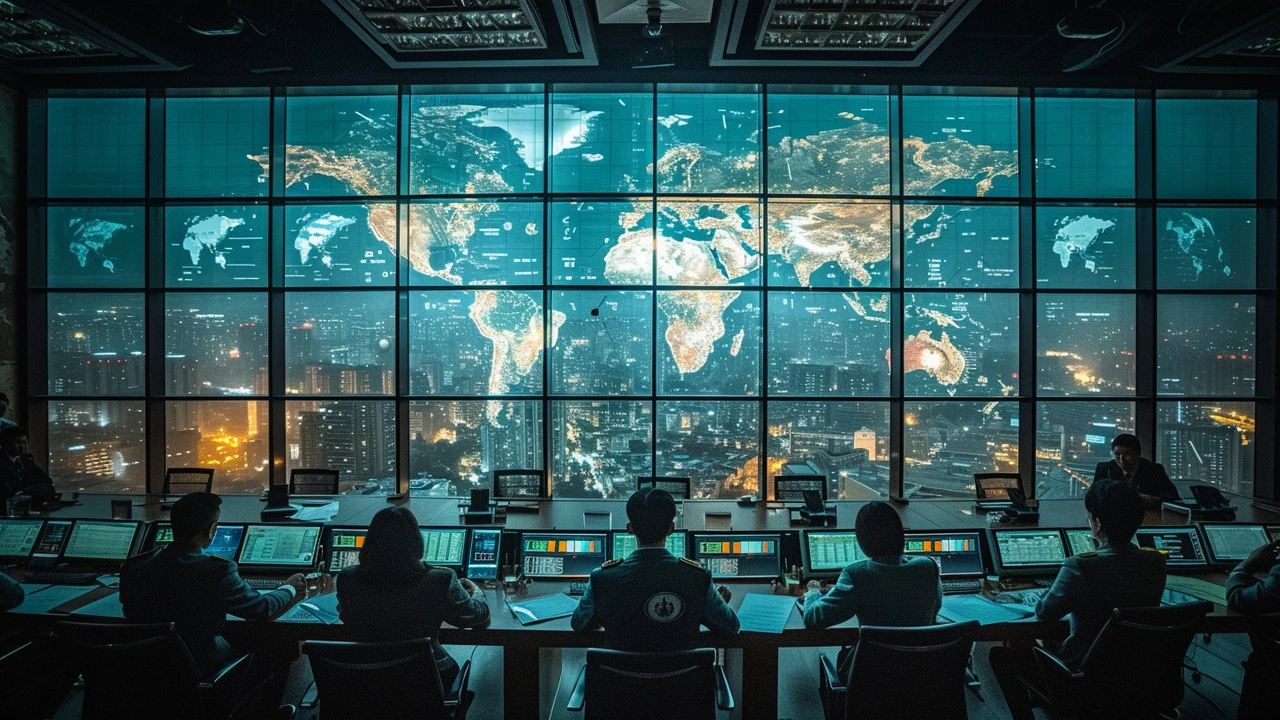
In this post, we will dive deep into the complex world of peacekeeping missions. We'll touch upon the intricacies of their strategic planning, execution, and overall impact in maintaining global peace. These operations play vital roles in mediating and managing conflicts across international borders. As a peace advocate myself, I'm passionate about educating people on the importance of these peacekeeping missions and how they affect our lives on a global scale. Join me as we explore this fascinating subject!
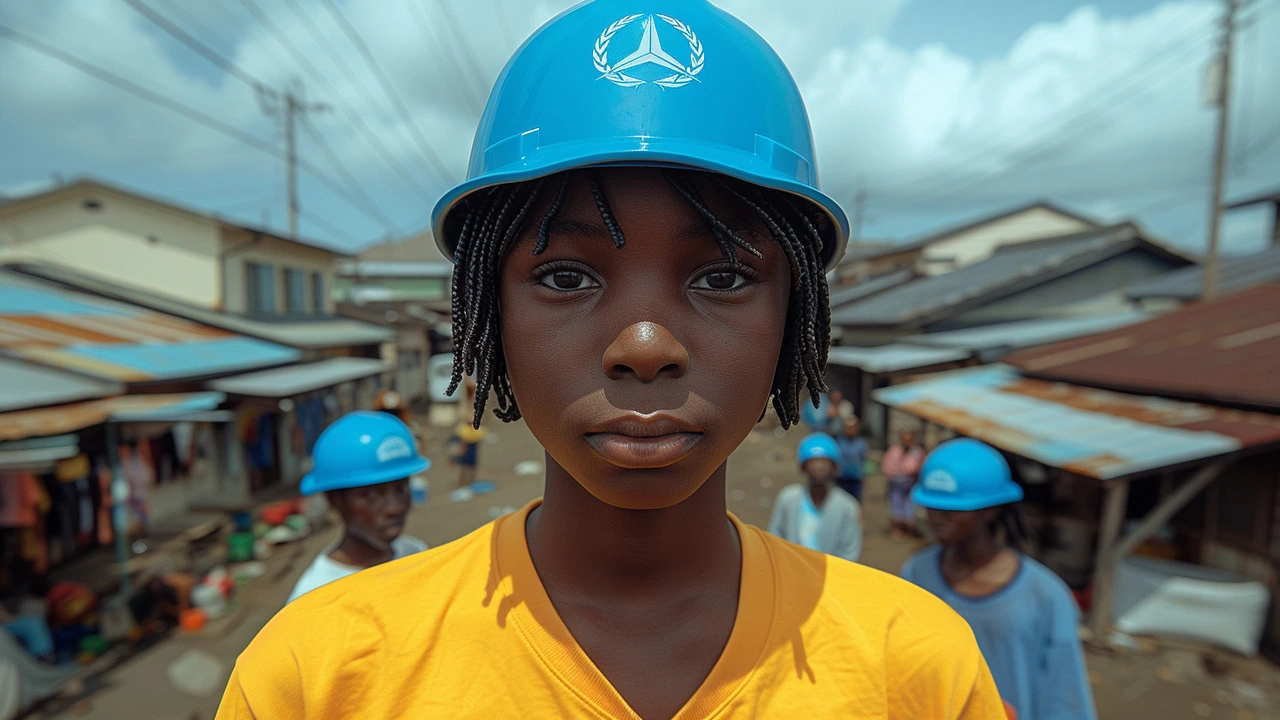
Hi there, my latest article gives a deep dive into the lifesaving role of peacekeeping amidst war. I've explored the challenging yet crucial task of maintaining peace in war-torn regions and why it matters on a global scale. You'll get insights into the real-life heroes who risk their lives to restore peace and the massive impact they've had over the years. Join me as I honor these unsung heroes who bring light to the darkest corners of the world.

Hi there! Are you curious about how peacekeeping affects political structures? In my blog post today, I'm exploring the crucial role peacekeeping plays in establishing democracy. I'll be discussing its role in mitigating conflicts and creating conducive environments for democratic principles to thrive. This is a fascinating topic, especially for those interested in international relations and politics. So, stay with me as we delve into this exciting subject!

Ever wondered about the significant role of peacekeeping in maintaining global security? In this read, we're delving into the essence of peacekeeping missions and their impacts. We'll explore their influence on international relations, how they help in conflict resolution, and ultimately, in assuring global peace. Join me as we navigate this intricate, yet absolutely vital facet of our world.
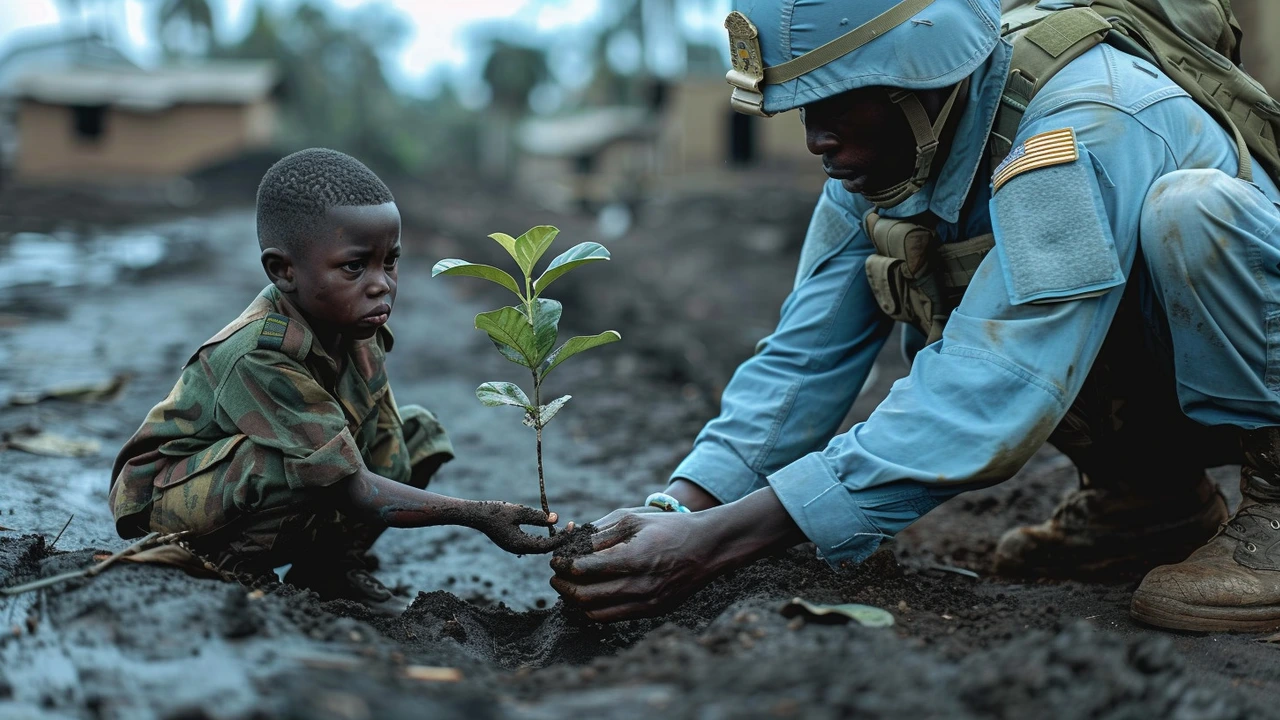
As someone deeply interested in global affairs, I've taken a look at the profound influence peacekeeping has on world politics. My post explores how these missions play a crucial role in mediating conflicts and building stability in volatile regions. Drawing from historical and contemporary examples, I delve into the challenges, triumphs, and significance of peacekeeping efforts in shaping our world's political landscape. Join me in this insightful exploration into a critical aspect of international relations.
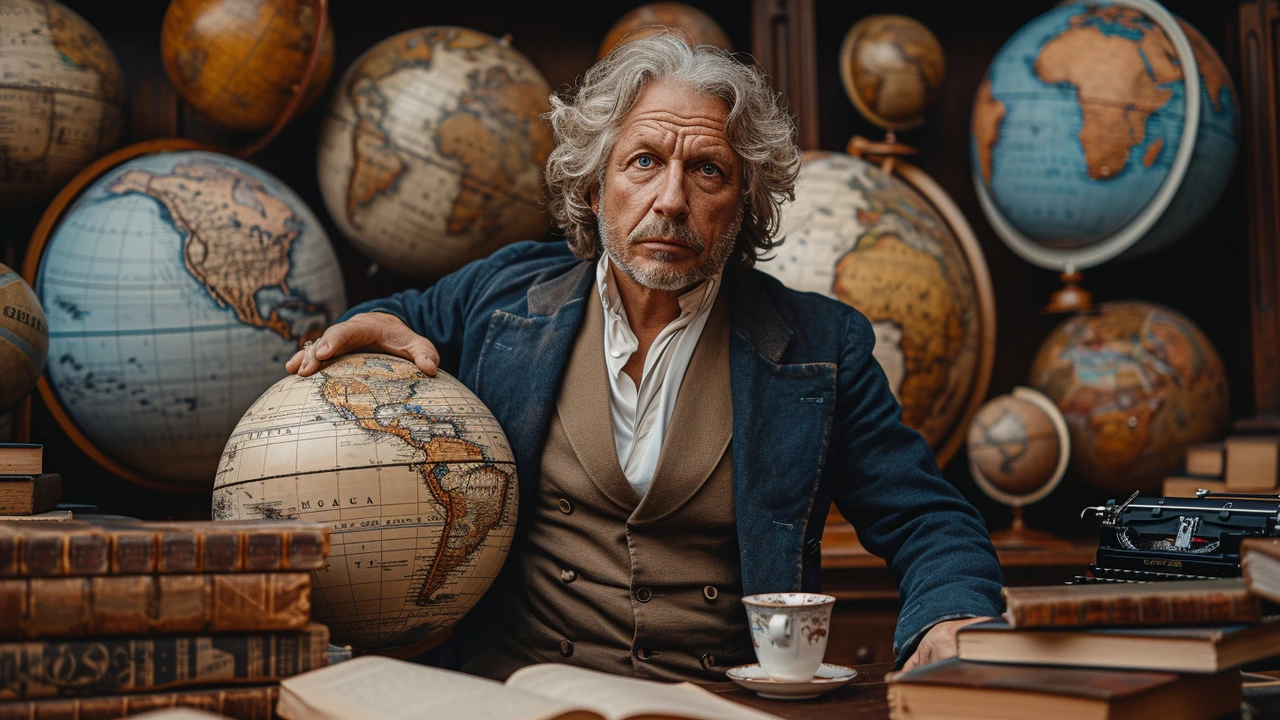
Hi there! In this post, I'm going to dig deeper into an essential aspect of global stability - peacekeeping. I will explore how this practice serves as a critical pillar of international security, making a significant impact on how nations interact. I'll also share nuggets that shed light on how peacekeeping is a testament to humanity's relentless pursuit of peaceful coexistence. Join me as I uncover the intricacies of this critical keystone in international relations.
